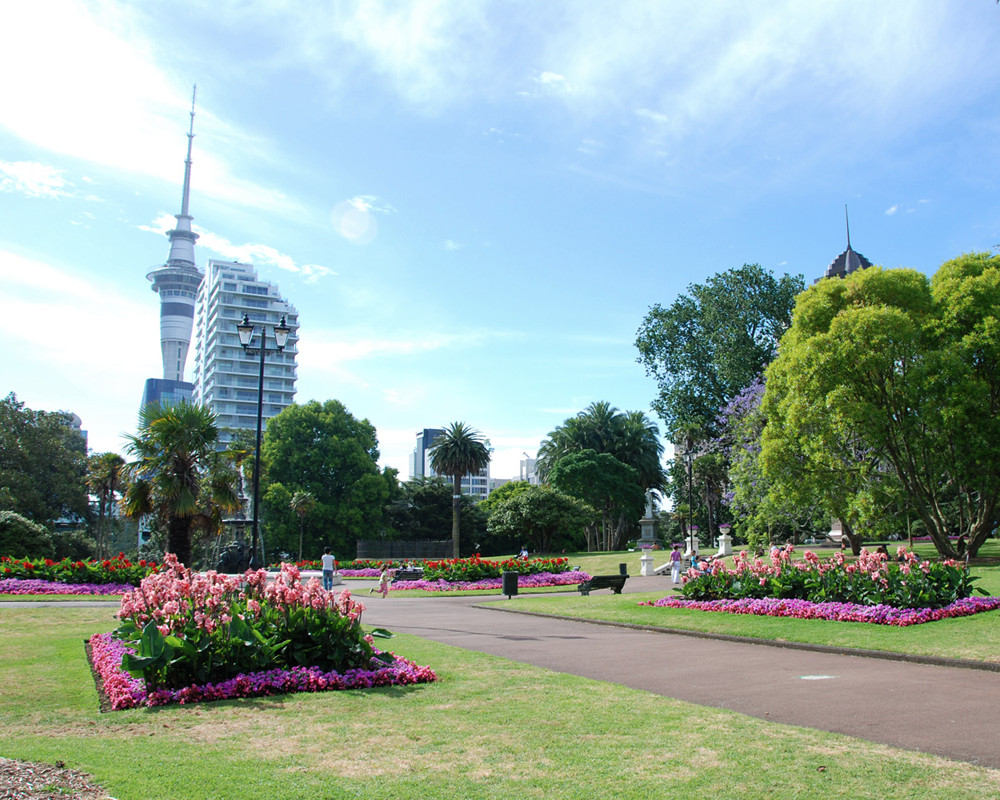Home Current Research Climate Adaptation

New Zealand has recently dealt with significant natural disasters, including the Auckland anniversary floods and Cyclone Gabrielle, resulting in tragic loss of life and extensive property damage. Responding to the escalating impacts of climate change-induced extreme weather events requires us to rethink many of our current approaches to things like urban design and water management.
Our first report, Sponge Cities, explores the potential of transforming urban areas into ‘Sponge Cities’ as a proactive measure to minimise future risks. Current urban design and flood management practices that rely on aging grey infrastructure are proving inadequate against the rising threats posed by rainfall-related risks. Sponge Cities advocates for harmonious water resource management through innovative measures such as ‘daylighting’ streams, reducing impervious surfaces, enhancing green spaces, and implementing green infrastructure. By creating space for water, these approaches complement conventional engineering solutions.
Our second report, A Shared Future, calls for significant change to the way communities are engaged in climate adaptation planning. With climate change reshaping our lives, culture, and public health in profound ways, this issue has never been more urgent. The report finds that involving communities in adaptation efforts is just as crucial as finding the right engineering solutions. Adapting to a changing climate will be disruptive and intrusive for many. If meaningful community engagement is neglected, it’s likely to create division, weaken the effectiveness of adaptation efforts, and make them less credible and durable.
"*" indicates required fields